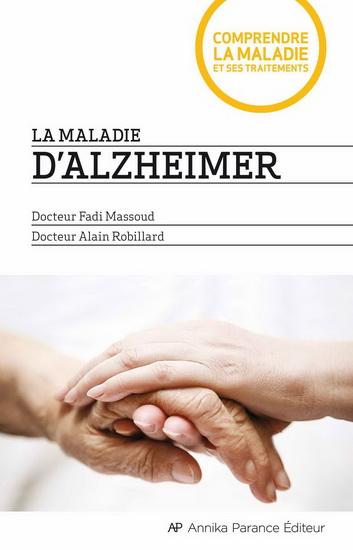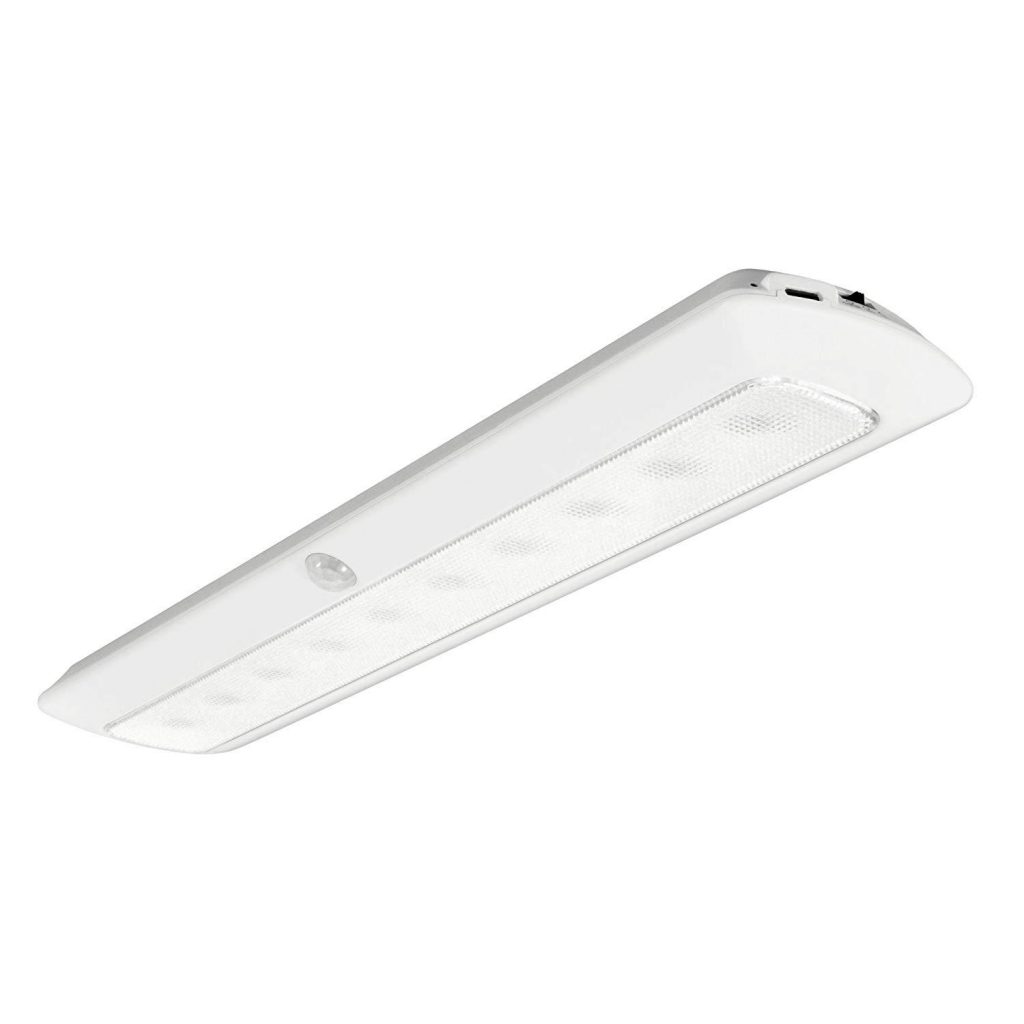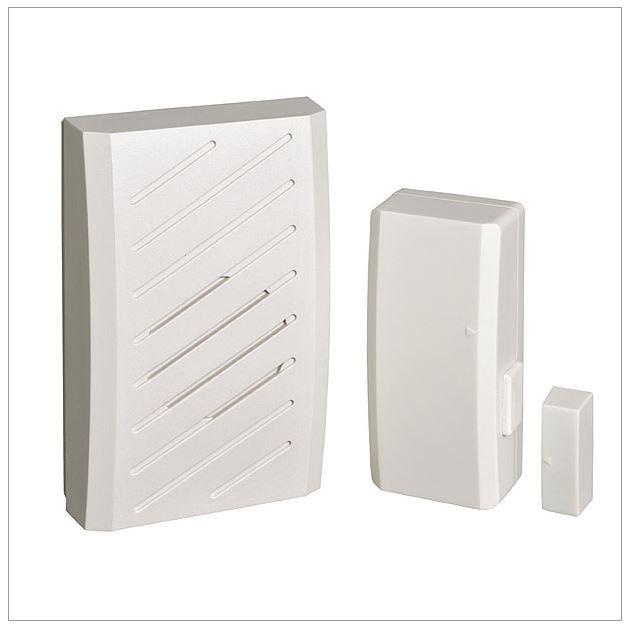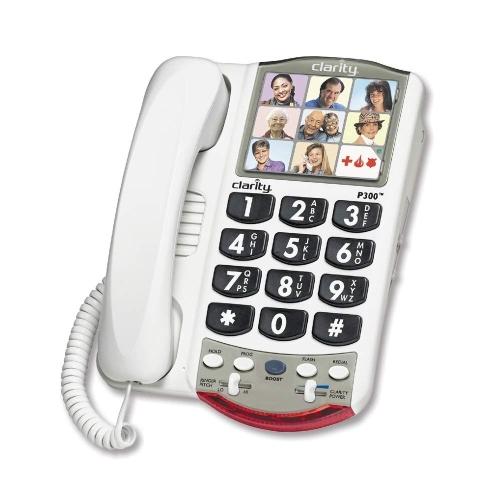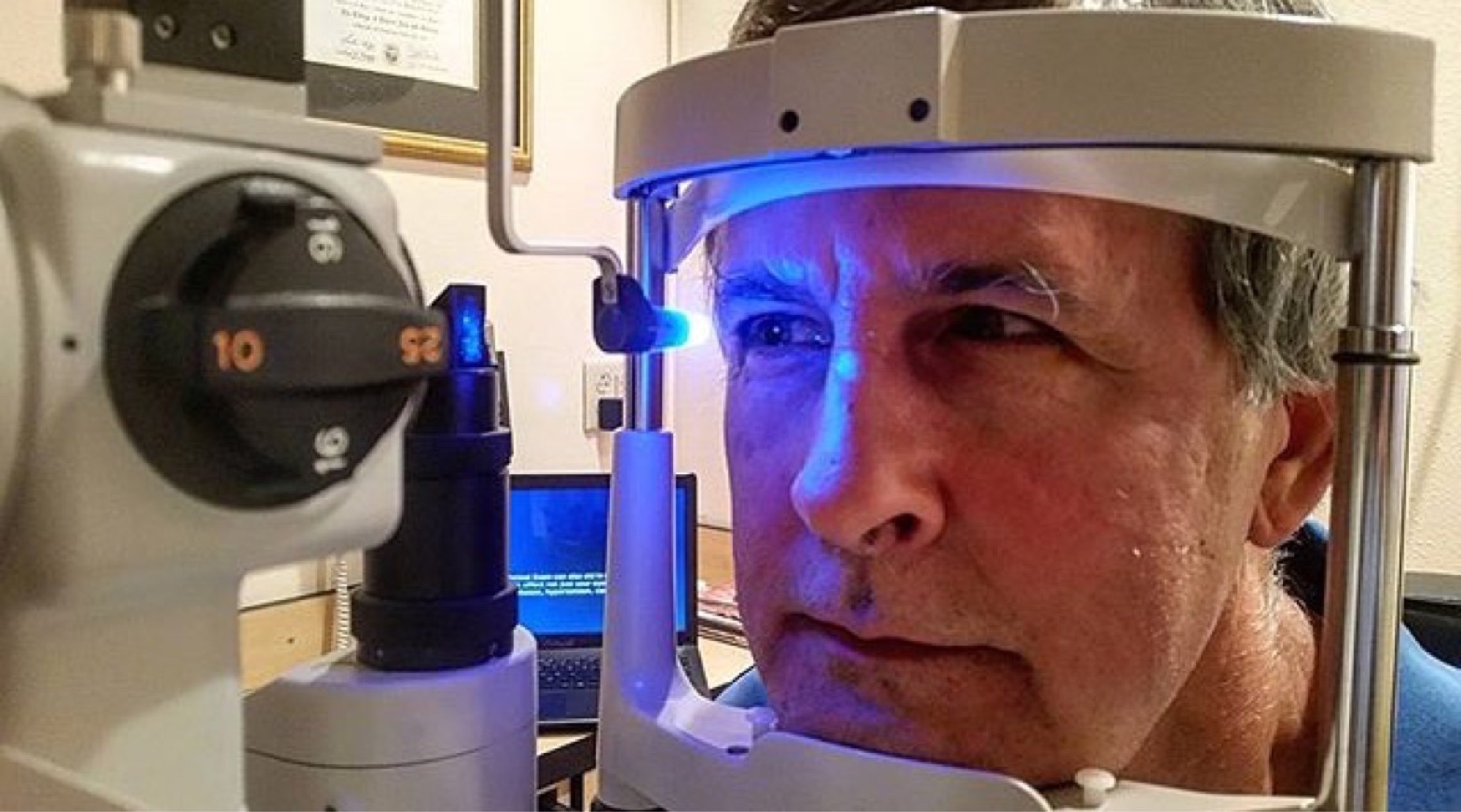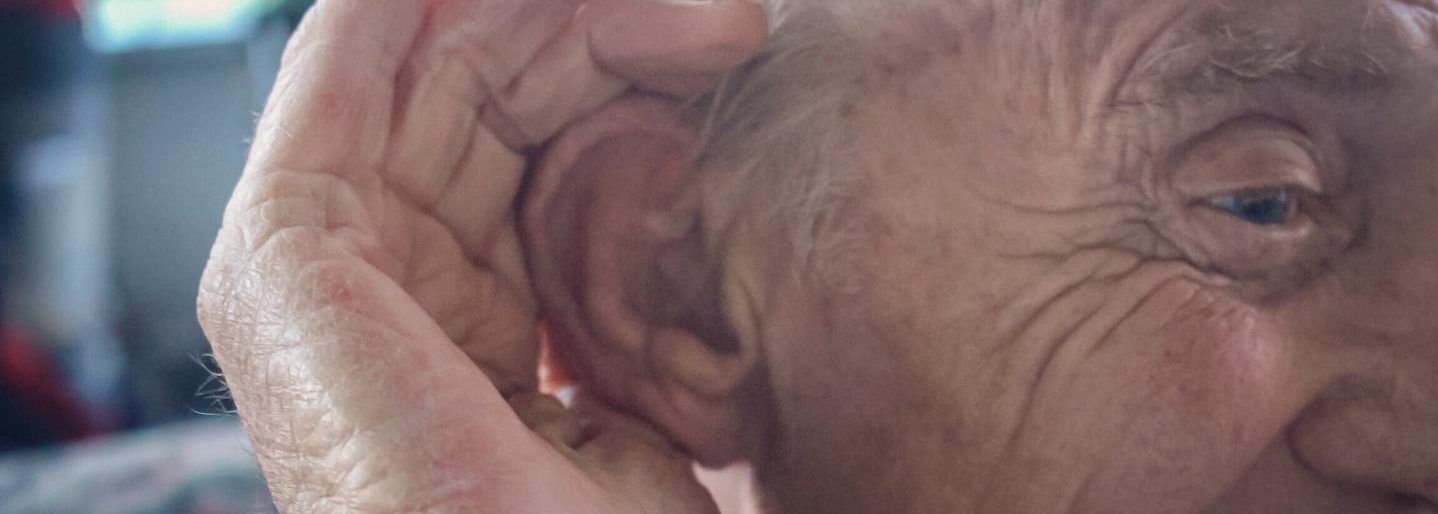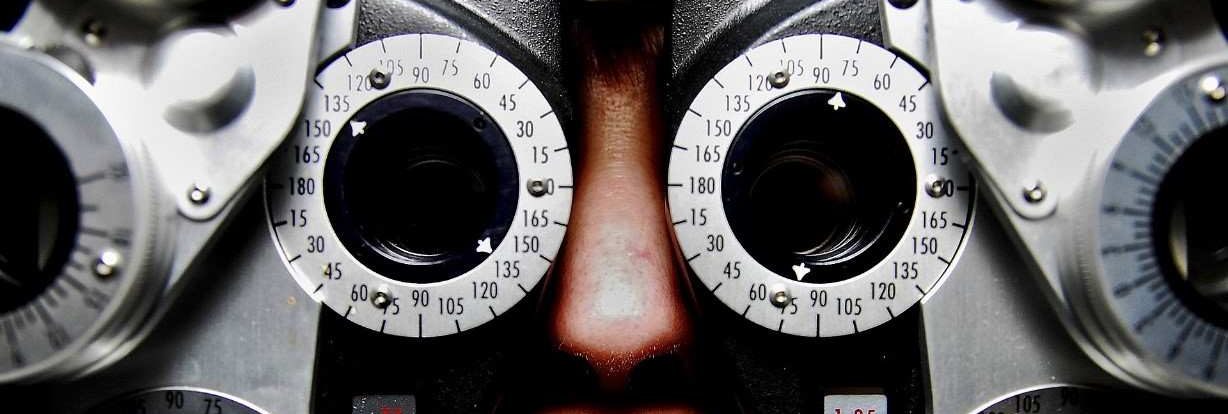
How Our Hearing Changes with Age
No matter our age, we have all suffered from communication anxiety at a loud dinner party with strangers or in a foreign country where we didn’t speak the language. The angst is amplified when a similar challenge occurs every time you go out! This is what many people who suffer from hearing loss go through daily and it makes life even more stressful than it already is. The deterioration of hearing is often overlooked, but it can significantly affect an individual’s quality of life.
Why Is Hearing So Important?
A loss of hearing can impact many areas of a person’s life, both on emotional and physical levels. While a hearing impairment can progress slowly and go undetected, it often affects one’s safety, happiness, and overall quality of life. It has also be linked with depression, loneliness, anger, social withdrawal, cognitive decline, and poor overall health.
What Is the Normal Hearing Loss Associated with Age?
A degradation in the ability to hear is a natural process associated with aging. Presbycusis – the medical term for age-related hearing loss – happens slowly and primarily affects the ability to hear higher frequency sounds. While it usually changes hearing in both ears equally, it doesn’t affect everyone the same way.
Another hearing disorder often related to aging is Tinnitus. It involves hearing swishing, ringing or roaring sounds inside the ear when there is no external noise. Although bothersome, it is often temporary and usually does not necessarily indicate that you have an underlying medical condition. There are many causes of Tinnitus, ranging from an infection or fluid behind the ears, years of exposure to loud noises, medication side effects, or Meniere’s Disease. If the discomfort is persistent, it is important to see a doctor or healthcare professional to be evaluated.
Lastly, conductive hearing loss occurs when sound is blocked between the eardrum to the inner ear by something (usually earwax). This blockage can interfere with hearing. If earwax is the problem, it can be softened and removed with mineral or baby oil, glycerin, or over-the-counter ear drops.
What Can Help Overcome Hearing Loss?
The most commonly used device to help overcome hearing loss is a hearing aid. Hearing aids are battery operated electronic devices worn in or behind the ear to improve hearing. Their mechanism usually helps simply by making sound louder. Sound can be different with the use of hearing aids and it may take time to get used to the device. Hearing aid specialists, or audiologists, are trained to help adjust hearing aids for optimal use. They will also identify and measure the type and scale of your hearing loss and recommend treatment options, if needed.
Assistive listening devices are another option. They are tools such as a telephone or cell phone that amplify sound. Other sound augmenting devices such as Personal FM systems, or “apps” on tablets can also be used to magnify sound.
Moreover, our article 11 Tips to Improve Hearing Impaired Communication offers other tips that could help you.
Overall, keep in mind that hearing loss is a natural process. However, assessing whether a change in behavior is related to a hearing impairment can be tremendously beneficial. It can make a significant difference in quality of life and help better engage with family and friends, without the frustration and uncertainty of how well one can hear. The solutions exist, make the most of them.


